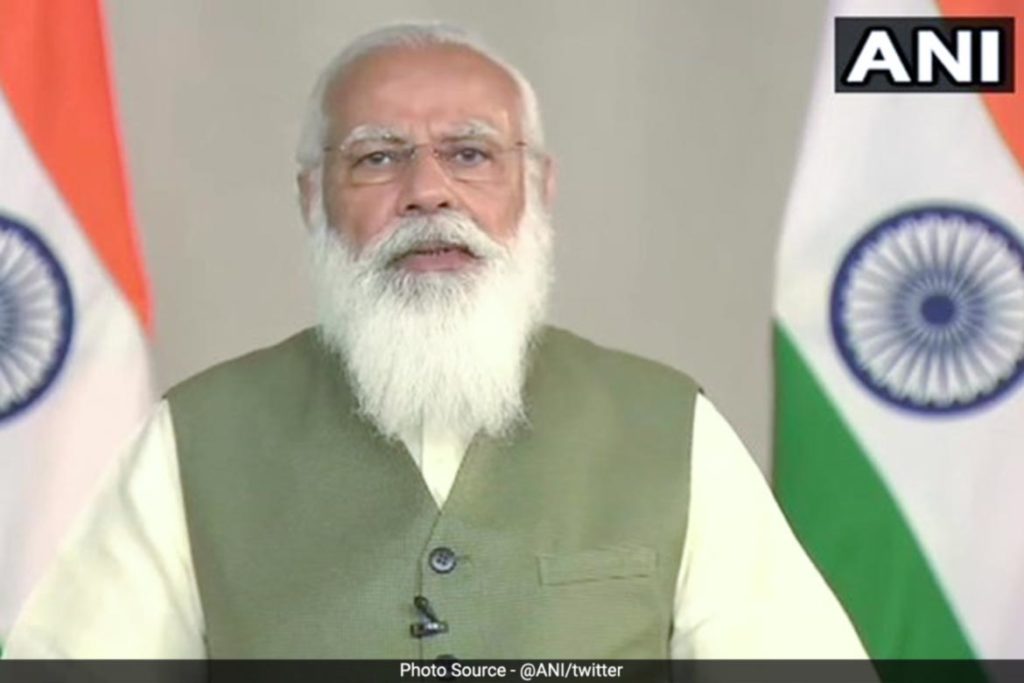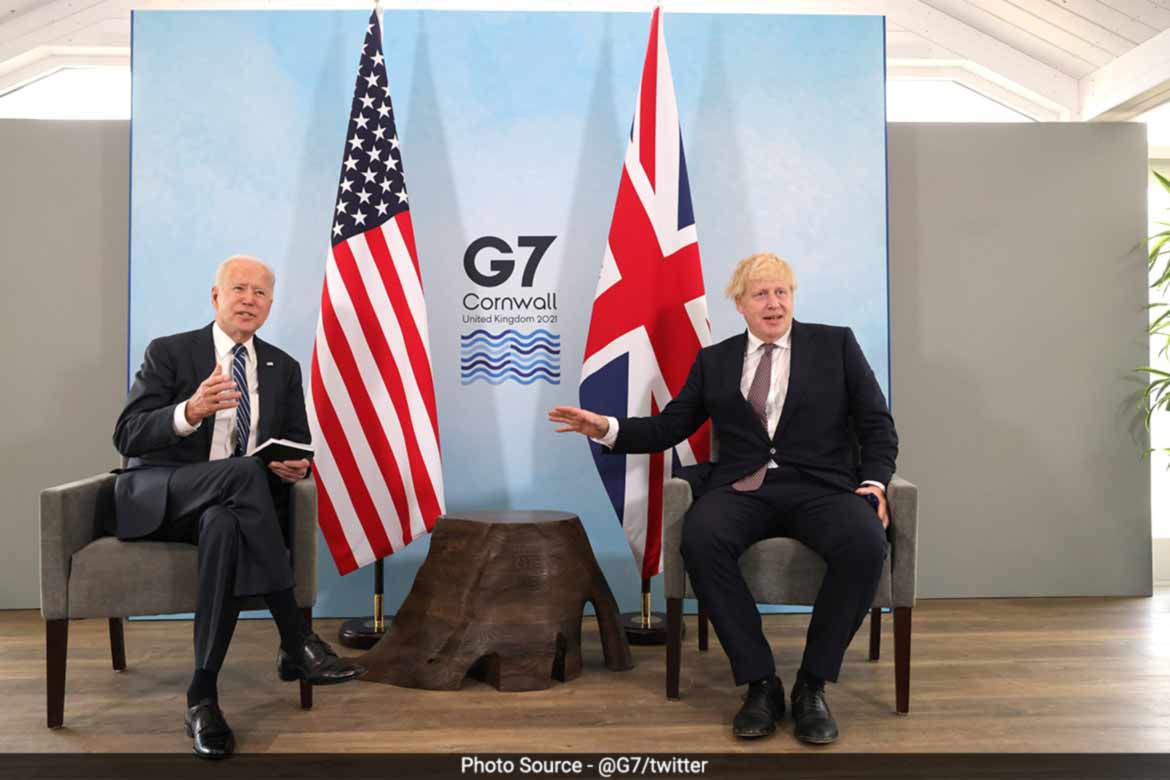In the next few days, United Kingdomis going to host the G-7 summit. This summit to be held duringthe COVID-19pandemic will prove to be very crucial in the collective political development of Western countries.
Notably, Prime Minister Narendra Modi will also participate virtually in the conference. For India, the G-7 summit is the perfect opportunity to expand the various dimensions of India’s growing engagement with the US and Europe.Thus, this summit can emerge as akey step towards a new global agreement between India and the West.
G-7 has come a long way
The G-7 was created as an advisory body for the discussion of the industrialized economies, which have been democracies since the origin of the G-7 in 1975. The organization was originally named the G-6, which included the United States, Japan, Germany, France, the United Kingdom, and Italy. Canada joined this group in the year 1976, then it was named G-7. Later, it was called G-8 after Russia joined again, but in 2014 it was expelled from the grouping due to Ukraine’s invasion of Crimea.
Why is G-7 important for India?
Former US President Donald Trump’s “America First” policies undermine US dominance over the world. The incumbent US President is now committed to strengthening American alliances and bringing India into a new global equation.
The need for a strong G-7 alliance arises in view of the challenges posed by China while being aggressive, the urgent need to slow the pace of climate change and the international order after the pandemic. These challenges are creating unprecedented synergy between the interests of India and the West. Hence the creation of a western axis in which strong bilateral strategic cooperation with the US, France, UK, EU as well as Quad can help India to counter China.
Moreover, revamping this group is also much needed. Some time ago, former US President Donald Trump said that the G-7, the group of the world’s most developed countries, has lost its relevance and proposed to expand it. Therefore, by inviting India, Australia, South Africa and South Korea, this grouping can be seen as a possibility to change from G-7 to G-11. The proposed G-11 grouping will recognize India’s place among the world’s richest countries and have its voice recognized globally.

Also read: US Approves Temporary Waiver Of Patent Protection; Know Its Significance For India
Notably, Russia also being invited to the G-7 summit, India now hopes that a fresh dialogue between the US and Russia can ease tensions between the two rivals and will ease India’s balance between both powers.
Tough road ahead
However, the growing mutual interest between India and the West does not mean that both sides will agree on everything. There are many areas of divergence within Western countries ranging from the economic role of the state to the democratic regulation of social media and technology.
Given the differences of members on issues such as climate change, security contributions, Iran, etc., there is still a need to evaluate the effectiveness of the G-7 as a multilateral forum.
Despite border tensions with China, India should also consider its motives for participating in a grouping that appears to be aimed at fostering a new Cold War between the US and China.
G7 leaders gather for the first meeting of the G7 Summit, discussing how to #BuildBackBetter together.
— G7 UK (@G7) June 11, 2021
?? ?? ?? ?? ?? ?? ?? ??#G7UK pic.twitter.com/YCblU59m2O
In a nutshell
While India continues to strengthen its engagement in Asia and the Southern world, a more productive partnership with the West helps to secure India’s national interests and adds a new dimension to India’s international relations. However, this will require continued dialogue on shared interests such as improving the global economic order, mitigating climate change, promoting green development, and developing immunity to the world’s pandemics in the future.
